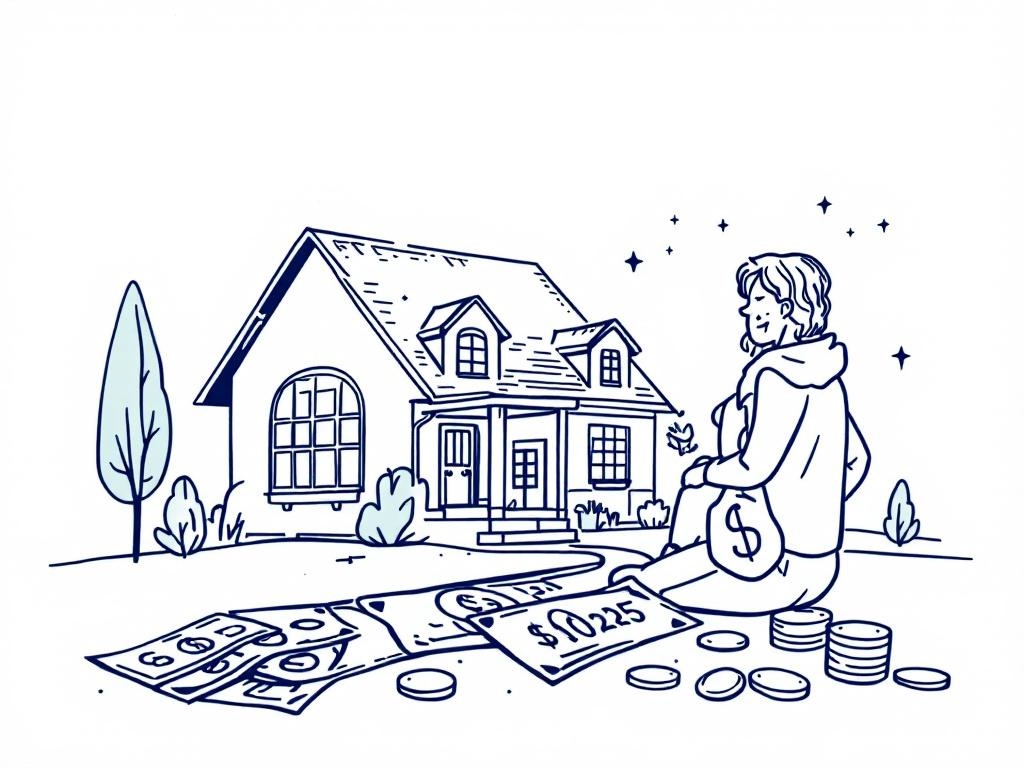Inflation Erodes Housing Wealth for American Homeowners in 2025

United States, Wednesday, 29 October 2025.
As inflation surpasses home price growth, U.S. homeowners face shrinking wealth. High mortgage rates and stalled price appreciation, especially in major cities, raise affordability concerns.
Current Inflation and Housing Market Trends
As of October 2025, inflation in the United States has reached 3%, significantly impacting the housing market and homeowner wealth. This rate surpasses the Federal Reserve’s target of 2%, exerting upward pressure on mortgage rates, which currently average 6.43% for a 30-year fixed loan.[2] Home prices in major metropolitan areas are experiencing slow growth, with a mere 1.5% increase nationally in August 2025, according to the S&P Case-Shiller Index. This growth rate is the slowest observed in over two years, reflecting a stagnant housing market.[1][4]
Economic Implications of Rising Mortgage Rates
The economic implications of these trends are profound. Higher inflation rates have led to increased borrowing costs, as indicated by the persistent rise in mortgage rates. The Federal Reserve’s expected interest rate cut to a range of 3.75% to 4% on October 29, 2025, is unlikely to significantly affect long-term mortgage rates, which are more closely tied to inflation expectations.[2][3] The resulting affordability challenges are most pronounced in the 20 largest U.S. metropolitan areas, where home price growth has decelerated markedly.[1]
Future Housing Market Expectations
Looking ahead, predictions for the housing market over the next five years suggest continued challenges. Analysts forecast a slowdown in market activity until mortgage rates decline, with home prices expected to remain flat or even show a modest decline.[3] A potential recovery in home prices could occur if real incomes rise faster than inflation, projected to be between 1% and 2% above the inflation rate from 2025 to 2027.[5]
Impact on Homeowner Wealth
The erosion of homeowner wealth due to these economic pressures is a significant concern. The Federal Housing Finance Agency reported that the House Price Index increased by only 2.3% year-over-year in August 2025, the slowest pace since April 2012.[6] The reduced pace of home price appreciation, coupled with high inflation, is steadily chipping away at what is traditionally a primary source of wealth for many Americans.[1]
Sources
- www.marketwatch.com
- www.investopedia.com
- www.bdmag.com
- www.marketwatch.com
- www.fhfa.gov
- tradingeconomics.com